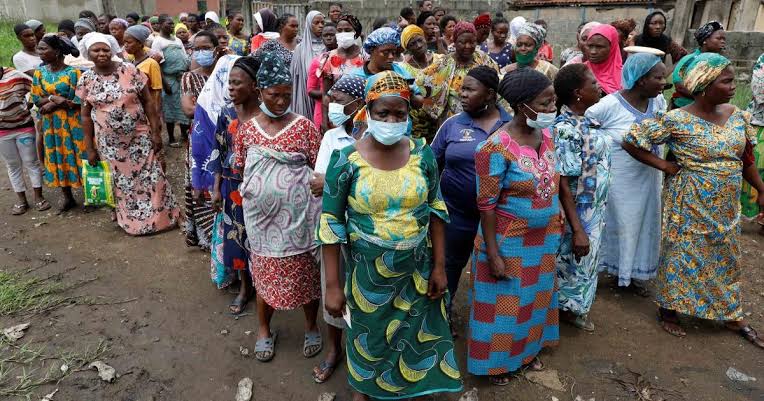Residents of Niger state particularly Chanchaga Local Government Area in the city of the poet state have raised concerns about the alleged diversion of palliatives procured for them by the state government.
Reports from the three Senatorial districts of the state indicate that the exercise was a scam as confirmed by male residents who spoke to our Reporter on the distributions of the palliatives in their areas.
This is despite the state government’s directive to distribute grains, they have not yet seen any distribution in their areas, four days after the process was supposed to start.
Niger State Government, through the Commissioner for Information and Strategy, Binta Mamman, had announced on March 15, 2024, that assorted grains worth billions of naira were procured for distribution to all 25 LGAs.
This distribution was intended for internally displaced persons, emirate councils, religious leaders, security agencies, and political parties, among others.
Ramadan feeding centers were set up in all eight emirate councils, with emirs acting as coordinators.
Mamman further declared a five-day public holiday from March 18 to 22 for the palliative distribution across the state.
The distribution plan included various quantities of rice, maize, millet, sorghum, and beans allocated to each Local government Area.
However, residents of Chanchaga LGA expressed frustration, stating that the distribution team had not appeared as expected.
They voiced suspicions that the palliatives might have been diverted by officials and politicians, as had allegedly occurred the previous year.
On Friday, the last day of the five-day public holiday for the distribution of the grains. We are yet to see any. When will the grains come?” concerned residents want to know”.
However, reports from the Shiroro local government area of the state revealed that many people suffered various degrees of injuries while struggling for grains in various wards of the council area.
People from Tunga, both indigene and nonnative in Minna shared concerns about the government-purchased grains, questioning their whereabouts if not distributed to the people.
Halima Abdullahi and Comfort Musa, both housewives, criticized politicians for what they perceived as a lack of transparency in the distribution process.
Meanwhile, legislators from Mokwa Local government have earlier expressed dissatisfaction with the handling of the state government’s special Ramadan feeding program in their council.
They claimed that village heads were controlling the feeding scheme, excluding the legislators and the council chairman from the arrangement.
Abubakar Isah, the House Leader of the Council, highlighted the deviation from standard practice in other councils and called for urgent intervention from the Niger State Government to rectify the situation.
